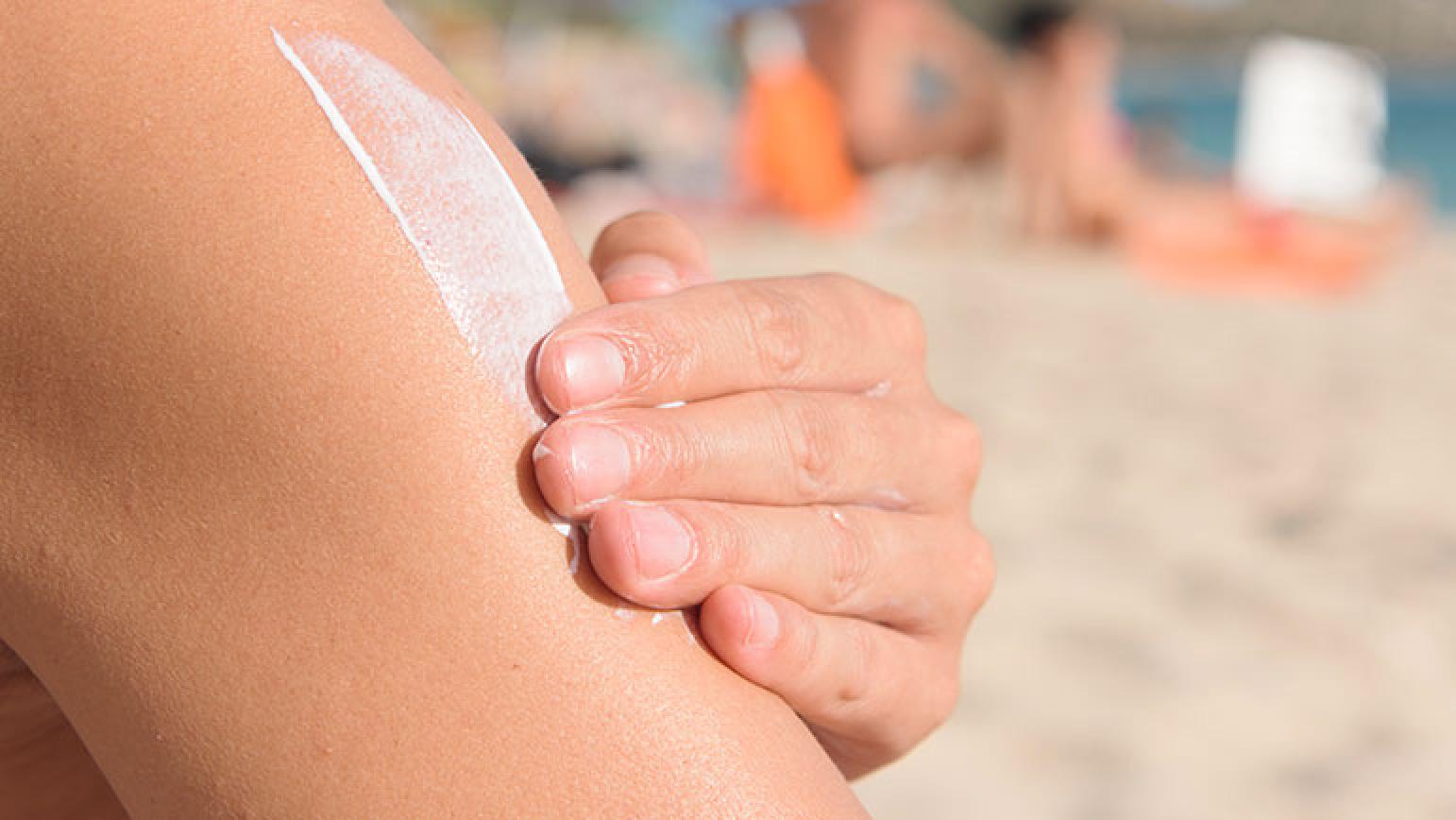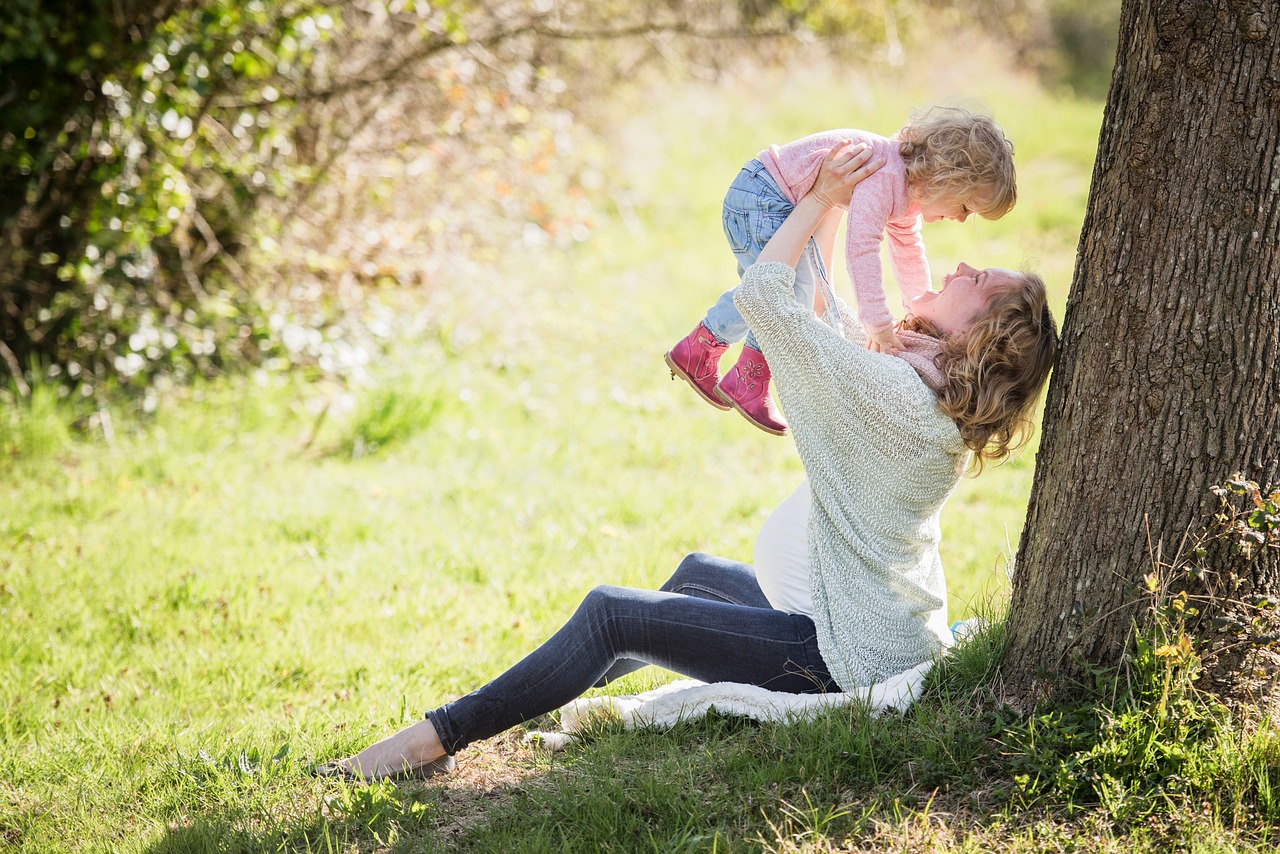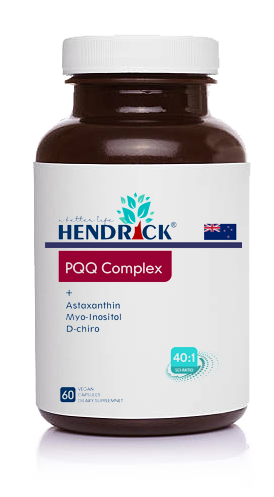Protect Yourself From Skin Cancer

You're headed out the door, running through your mental checklist. Keys. Phone. Wallet. Skin cancer protection? If sunscreen isn't on your list, it should be.
While skin cancer is the most common type of cancer, most cases can be prevented or treated when caught early. That's why protection and awareness are crucial to keeping your skin healthy.
Know the risks
The most common types of skin cancer are basal and squamous cell skin cancers, which are both highly curable. Melanoma is less common, but it is much more dangerous. If melanoma is not caught and treated early, it can spread to other parts of the body—becoming harder to treat and possibly fatal.
The risk of skin cancer is predominantly tied to four factors:
- Exposure to ultraviolet (UV) radiation from the sun or tanning beds. “People who work outside or engage in outdoor activities need to be especially careful,” says Rush dermatologist David C. Reid, MD.
- Having fair skin, which increases your risk of sunburns and sun damage. “It's less about your ethnicity and more about how fair your skin is,” says Reid. “However, it is important to remember that patients of all skin types are at risk for developing skin cancer and should see a dermatologist for new or concerning lesions.”
- A family or personal history of skin cancer. “There are some genetic conditions that can increase your risk of skin cancer,” Reid says. “Also, people with a first-degree family member with a history of melanoma are at a higher risk.”
- A lot of moles. “People who have more than 50 to 100 moles on their bodies are at a higher risk of melanoma,” says Reid. “If you have a new or changing mole or a spot that doesn’t look like anything else on your body, talk to your doctor.”
Talk to your doctor if your moles have any of these characteristics, often referred to as the ABCs of melanoma:
A: Asymmetry (one side of the mole is different than the other)
B: Irregular borders (borders of the mole are uneven)
C: Color (the mole has more than two colors)
D: Diameter (the mole is larger than 1/4 inch)
E: Evolution (the mole is changing in size, color or other characteristics)
Take sun-protective steps
Protecting yourself and your family from skin cancer requires building sun-healthy behaviors, including the following:
When planning outdoor activities
- Schedule outdoor activities before 10 a.m. or after 4 p.m. to avoid peak UV radiation.
- Pick a shady spot or bring your own shade (e.g., an umbrella).
Before heading outside
- Put on a wide-brimmed hat.
- Wear sun-protective clothing, including long-sleeve shirts and long pants or skirts:
- Wear tightly woven fabrics or clothes made with special UV protective coatings.
- Choose dark colors over light ones.
- If you are going to be in the water or engaged in vigorous activity, wear a rash guard, which is an athletic shirt or bodysuit that provides UV protection even when wet.
- Don't forget sunglasses to prevent eyelid skin cancers, and apply lip balm with SPF 30 to protect against skin cancer on the lips.
- Apply sunscreen generously (about the amount to fill a shot glass):
- Choose a sunscreen with SPF 30 or above.
- Look for the words "broad spectrum" or the ingredients "zinc oxide" and "titanium dioxide," which mean the product protects against both types of UV rays that cause skin cancer, UVA and UVB.
- Remember to use sunscreen on your ears, the tops of your feet, and your scalp—all common areas for skin cancer.
While outside
- Reapply sunscreen every two hours—and more often if you get wet or sweaty.
- If a sunscreen claims to be "water-resistant," check the label to see how much protection it actually provides (e.g., 40 minutes).
There is no age minimum for skin cancer screening because skin cancer, including melanoma, can develop at any age, even early in life.
Doctors often recommend certain cancer screenings for people when they hit a specific age. For instance, colon cancer screening (colonoscopy) typically starts at age 45-50, and breast cancer screening (mammogram) typically starts at age 40.
However, there is no age minimum for skin cancer screening because skin cancer, including melanoma, can develop at any age, even early in life, according to Reid. That's why doctors recommend getting evaluated once in your 20s, or earlier if you have a suspicious or changing mole, by a board-certified dermatologist.
Your dermatologist will then recommend how frequently you need skin exams based on your personal risk factors. At your appointments, your dermatologist may also monitor your skin with dermoscopy, a non-invasive skin exam where your provider will use a handheld magnifier that allows physicians to look beneath the surface of the skin to determine if a lesion is concerning. Dermatologists also recommend monthly self-exams if you are at a particularly high risk.
Additionally, while it's true that skin cancers occur most often in light-skinned individuals, those with dark skin can also develop skin cancer—particularly in places on the skin that have little or no pigmentation, including the palms of the hands, the bottoms of the feet, and the nails—and it is often diagnosed in later stages when it is harder to treat.
“New or unusual streaks in the nail, for example, may be a sign of a skin cancer and should be evaluated by a dermatologist,” Reid says.
Is spray tanning a safe alternative to sun exposure?
So, can you get the look of a tan without the skin cancer risk? That's what spray tanning salons promise by offering an all-body tan in a matter of minutes. But is it really a safer option than sunbathing?
“Yes,” says Reid. “Sunless tanning is safer than going to a tanning bed or lying out by a pool because you are not exposing your skin to UV damage from the sun, which can lead to skin cancer.”
Sunless tanning lotions and sprays typically contain the active ingredient dihydroxyacetone (DHA), which reacts with cells on the skin's surface to produce a temporary tan. The FDA has approved DHA for external application to the skin, but the agency warns against accidentally inhaling, ingesting, or exposing sensitive mucous membranes (including lips, nose, and eye area) to DHA because the long-term risks are still unknown.
Before getting a spray tan, the FDA recommends asking the salon how to protect your mouth, nose, and eye area.
Reid offers one additional warning: "Sunless tanning products don't protect you from getting a real sunburn if you go outside. You should still take precautions, like wearing protective clothing and applying sunscreen."







